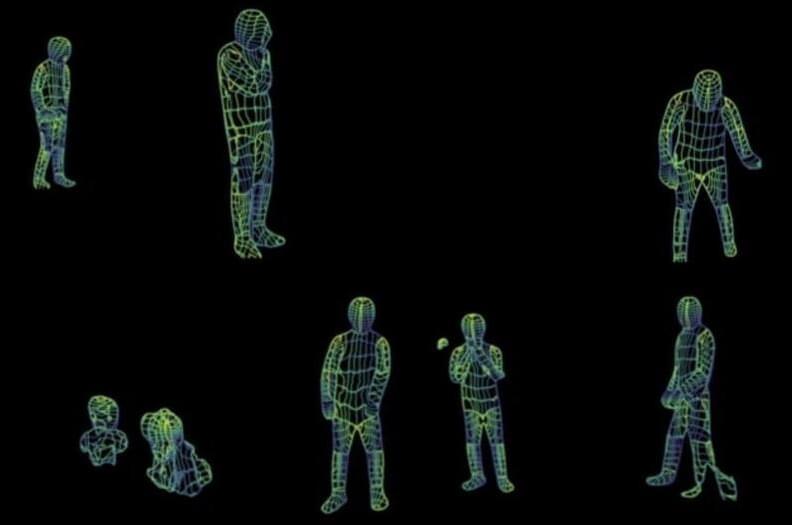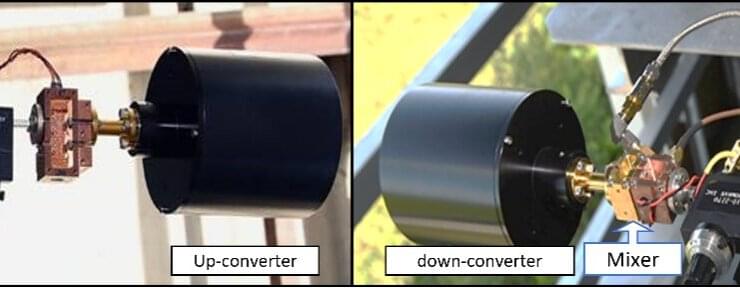Despite its recent blowback, Web 3.0 offers a more interconnected and productive society.
The next significant development for the internet and all it governs is Web 3.0. To improve user experience, it will make use of artificial intelligence. In addition, blockchain technology will enable the service to be backed by decentralized networks since Web 3.0 is the fundamental framework for cryptocurrencies like Bitcoin and Ethereum. This will be a revolutionary move that might significantly influence businesses and how they function, as well as individual users. For instance, site owners won’t have to rely on larger businesses like Amazon (AWS) and Google to buy server space.
Web 2.0 – the current version of the internet – has grown overly centralized, with a small number of large technology businesses and government organizations controlling the industry. Web 3.0, which promises a decentralized online ecosystem built on the still-emerging blockchain, will be the third iteration of the internet. Web 3.0 was first coined in 2014 by a computer scientist named Gavin Wood also helped create Ethereum, the decentralized blockchain system that powers the ether coin.
The main problem with Web 2.0, according to Wood, is trusting the people who run the services. “We’ve managed to build ourselves into this fairly dystopian picture of what the world could be,” he said in a podcast with CNBC. This is why many believe Web 3.0 – with its focus on decentralization – will provide a more democratic and dispersed view of the internet. Additionally, it’s touted as an essential component of the emerging metaverse, an immersive online universe. While some are skeptical and refer to Web 3.0 and the metaverse as primarily a marketing project and even as a pyramid scheme, other venture investors are pouring billions of dollars into this futuristic vision. However, the idea is reportedly also opposed by many in the tech world, including Elon Musk and Jack Dorsey, the former CEO of Twitter.
For many Web 3.0 supporters, the past few months have brought a harsh awakening: the market prices of significant cryptocurrencies have fallen precipitously, the trading volume of non-fungible tokens (NFTs) has slowed, and, most importantly, some pioneer businesses in the field have filed for bankruptcy due to poor risk management and the misappropriation of investor funds. Nevertheless, many argue that business executives should not mistake market volatility or dishonest individuals with the potential applications of digital assets and the technology that support them, even while the debris keeps flying and many retail investors lose their savings.







